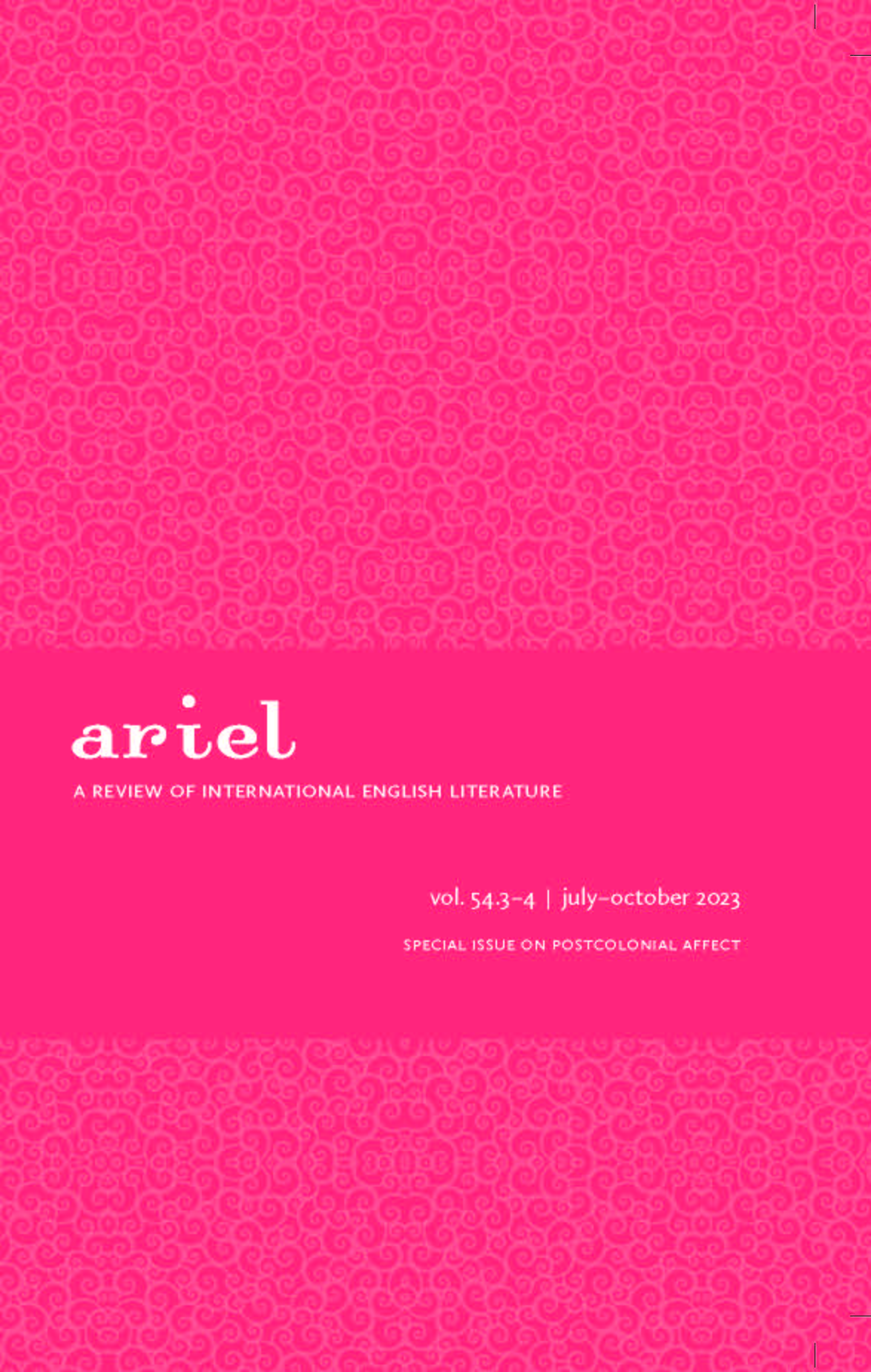“British but not Briton”: Anglophilia and Black British Identity Formation in E.R. Braithwaite
Keywords:
anglophilia, affect, postcolonial, Black British, WindrushAbstract
This essay reexamines anglophilia, a quintessential conservative colonial affect, illustrating how emotional structures that function as modes of psychic colonialism can concurrently produce unanticipated effects. E.R. Braithwaite’s bestselling autobiographical novel, To Sir with Love (1959), is a Windrush account of a Black, middle-class, Caribbean immigrant’s life in England that, largely due to its explicit anglophilia, has not garnered much critical attention within a conventional postcolonial framework. I use affect studies to read this text’s anglophilic affiliations as a complicated Black diasporic identity formation process that questions the simultaneity of race and national belonging. English identity in the mid-twentieth century was understood in highly emotive, racialized terms – such as “civilized,” “Christian,” or “advanced” – that stood in for explicit references to whiteness. This structure had the effect of appearing to separate Englishness from whiteness in discourses about race and nationality, thus creating a space within which Braithwaite could imagine the possibility of being a Black Briton. Braithwaite’s text reveal anglophilia to be a complex affective structure that, while being invested in ideas of morality, nation, and civilization, can also unexpectedly destabilize prevalent social norms (while reinforcing others) as it participates in the process of denaturalizing automatic assumptions of racial superiority.


